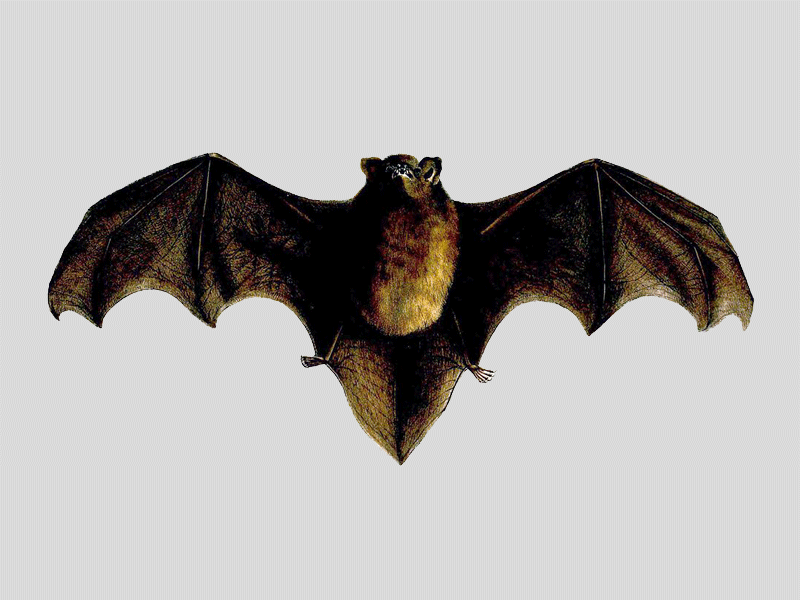In a recent broadcast of Our Changing World on RNZ National, senior producer Liz Garton went looking for a native New Zealand bat (pictured) and, along the way, found out how free-roaming cats are increasing the pressure on this elusive little mammal:
Pekapeka-tou-roa, or the native long-tailed bat, is a threatened species and they seem to be a tasty treat for all Aotearoa’s introduced pests.
And a recent DOC (Department of Conservation) study identified cats as some of the worst offenders.
There is currently no national legislation for managing cats in Aotearoa, but many conservation and animal welfare groups are keen to see a move towards this.
SPCA science advisor Dr Christine Sumner says keeping your cat home is the solution to keeping native species safe.
“There’s a lot of people who de-sex their cats. More and more people are microchipping their cats – but what we would like to see more of is more people keeping their cats at home.”
Christine concedes that it’s not yet “normal” for New Zealanders to contain their cats but says it’s still a worthwhile goal.
“It’s in your pet’s best interest for them to stay at home. Cats stray and become lost. You have the risks of them becoming injured…and cats fight with each other. And anybody who’s had a cat roaming maybe has experienced the cat coming home with an abcess, and that’s not fun either. So these are different risks that cats face when they roam.”
Keeping your cat contained is possible, says Christine:
“Some people have fences with mechanisms on top – little devices like the cat could jump up and there’s a roller bar and they can’t get a grip, and it rolls them back. Or, they put up netting – you see this online.”
Christine adds that the SPCA wants owners to feel they are doing right by their cat.
“The cat having a choice is really important to cat owners – it’s core to the cat’s welfare.”
Listen to the entire programme and learn more about bats (32’22”)

